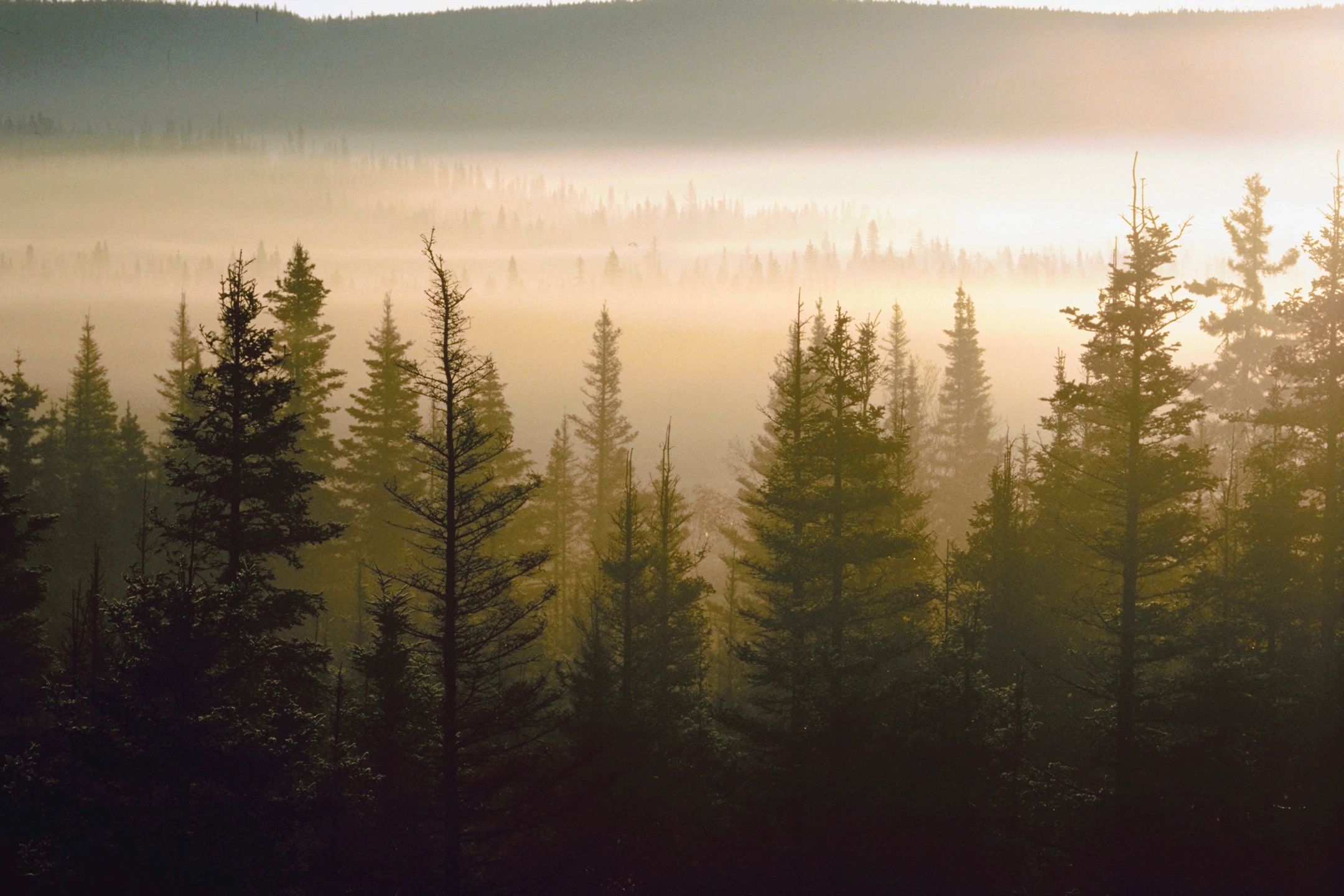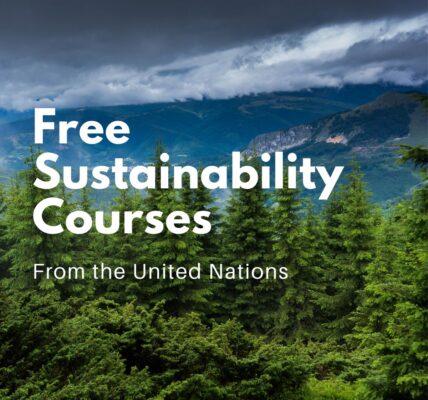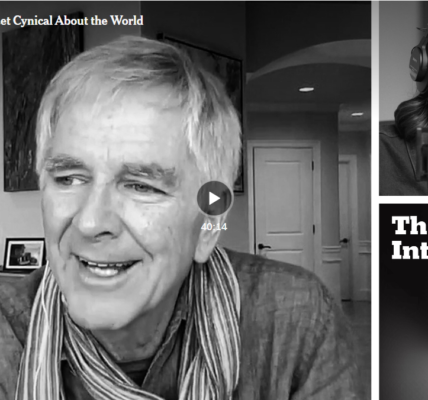Earth’s temperature is reaching levels that are critical, yet somehow that’s political.
Climate change is not a partisan issue. It’s not about left or right, liberal or conservative. It’s about survival. It’s about every single one of us who call this planet home—every human, every animal, every tree. Yet, somehow, our world’s most urgent crisis has become a polarizing debate instead of a unifying cause.
Why is that? Why do we let party lines or ideological divides keep us from addressing a problem that threatens all of us equally? The Earth doesn’t care about politics. The atmosphere doesn’t vote. The melting glaciers and rising seas won’t pause for our endless arguments. Climate change is relevant to everyone, no matter where you live or what you believe.
We argue over math, with people too cynical to believe in facts.
There’s a chilling irony in the fact that we’re debating the very numbers that spell out our fate. But let’s flip the script for a moment. Let’s consider the age-old question: What if we create a better world… for nothing?
What if, through our efforts to address climate change, we end up with cleaner air, healthier communities, thriving ecosystems, and more sustainable economies? Even if you’re skeptical of the science, isn’t that world worth striving for anyway? This isn’t about believing in numbers or trusting scientists. It’s about believing in a better future for our children and theirs. It’s about creating a legacy of care instead of neglect.
We don’t want to sacrifice so we refuse to ask.
Here’s the hard truth: asking ourselves tough questions means holding ourselves accountable. And accountability means effort. It’s far easier to maintain the status quo, to avoid looking too closely at our own habits, our own consumption, our own complicity. But progress doesn’t come from complacency. It comes from asking, “How can I do better?” and then actually trying to do better.
Yes, it requires change. Yes, it requires effort. But isn’t the Earth worth it? Isn’t our shared home—and the only one we’ve got—worth a little discomfort, a little inconvenience? The alternative is far worse: a planet where the cost of inaction is measured in lives lost, ecosystems destroyed, and futures compromised.
We hit the park to see more than a tree or two, visiting nature like it’s in a freaking zoo.
Think about that for a moment. When was the last time you really connected with nature? Not through a screen, not from a car window, but in person? Have we reduced our wild places to weekend attractions and photo ops? Are we treating nature like it’s a novelty instead of the source of everything that sustains us?
Nature isn’t a sideshow. It’s not entertainment. It’s life. It’s the air we breathe, the water we drink, the soil that grows our food. And yet, we take and take without giving back. That’s not love. That’s exploitation.
Observe how we treat Mother Earth, noticing how we always seem to mistreat the ones we love first.
We say we love this planet, but our actions tell a different story. We’ve paved over paradise, polluted our waters, and burned through resources as if they’ll last forever. But they won’t. The Earth is resilient, yes, but it’s not invincible. And neither are we.
It’s time to reframe our relationship with nature. It’s time to treat the Earth with the respect and care it deserves. After all, nature is the ultimate giver. It has provided us with everything we’ve ever built, ever consumed, ever cherished. It’s time we start giving back.
We protect what is ours: MY land, my house, my family, my country, my culture. But when it comes to nature our perspective is external: THE planet, the forest, the ocean, the air, the trees.
This mindset is the crux of our problem. We’ve distanced ourselves from the very thing that sustains us. We protect what we consider “mine” but treat the Earth as something separate, something external, something that’s not our responsibility. That has to change.
The truth is, the planet belongs to all of us. It’s not “the” forest. It’s “our” forest. It’s not “the” ocean. It’s “our” ocean. When we claim ownership—collective, shared ownership—we can no longer ignore the warning signs or walk away from the fight.
The planet is what we all have in common. If not for that, what do you stand for?
At the end of the day, this is about connection. It’s about recognizing that we are not separate from the Earth. We are of the Earth. Its fate is our fate. And if we don’t stand for that—for the planet, for nature, for the future—then what do we stand for?
This isn’t just a plea. It’s a call to action. Let’s stop arguing. Let’s stop waiting. Let’s start building a world we can all be proud of. Because this planet, this beautiful, fragile, irreplaceable planet, is worth it. And so are we.





